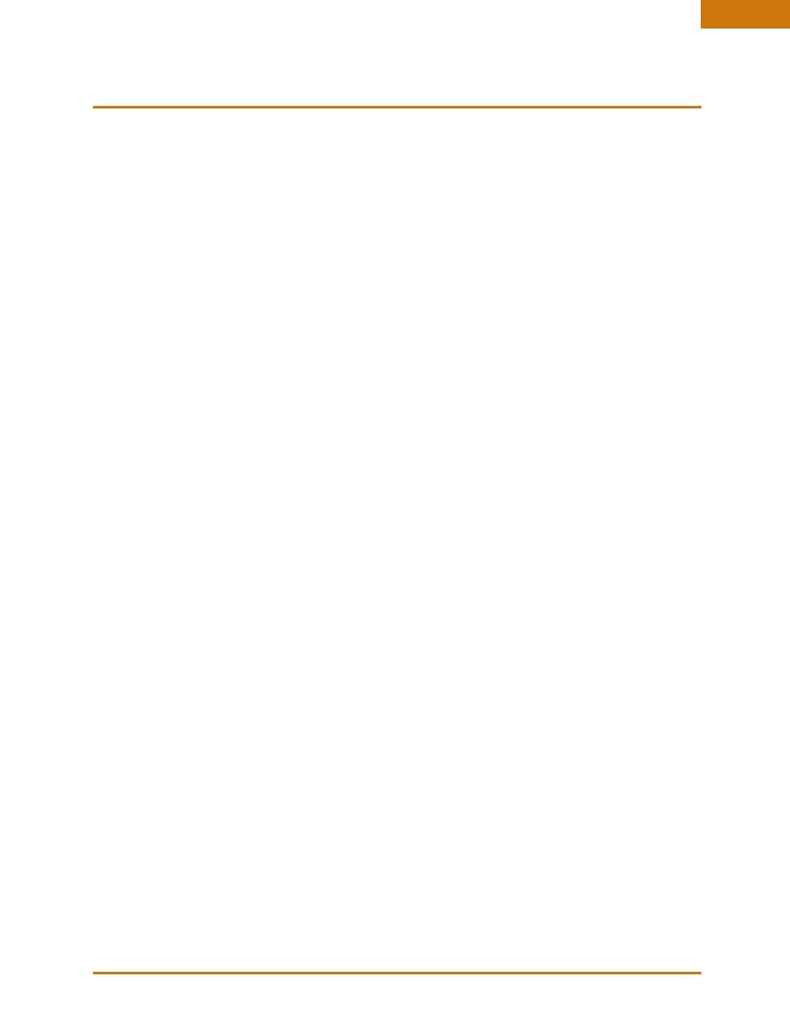
Somalia:
Somalia was formed by a merger of British Somaliland and Italian Somaliland and dates its
independence from July 1, 1960. Since that time, public life in Somalia has been driven by
opposing clans, resulting in deep political divisions, which made it extremely difficult to
establish a smoothly-functioning government. At present, the northern area has declared its
independence as "Somaliland;" the central area, Puntland, is a self-declared autonomous state;
and the remaining southern portion is riddled with the struggles of rival factions. Only
Somaliland claims to have a viable economy and well-run government.
Principally desert, the country suffers from recurring droughts, frequent dust storms over
eastern plains in summer, floods during rainy season, and hot and humid periods (tangambili)
between monsoons. Agriculture is the most important sector of the economy, with livestock the
most important commodity. Nomads and semi-nomads, who are dependent upon livestock for
their livelihood, make up a large portion of the population.
Disagreements about Somalia's language remain from colonial times, when English and Italian
were the official government and administrative languages. Arabic was also used, principally in
Quranic (Muslim) schools. A standard written form of the Somali language did not exist until
about 1969. Somali is now the official language of the country.
Since the last government collapsed in 1991, there has been societal chaos. Most regions
have reverted to either Islamic (Shari'a) law with a provision for appeal of all sentences, or
traditional clan-based arbitration. Also, after the fall of the government, schools ceased to exist
for all practical purposes. Previously, there had been an established system of education from
the preprimary level through higher education. In 1995 the literacy rate was 36% for males and
14% for females. (The feature film "Black Hawk Down" portrays actual events that took place in
Mogadishu, capital of Somalia, in 1993, when U.S. forces attempted to restore order so that
humanitarian aid could reach the Somali people.)
Life in Somalia is marked by famine and clan warfare, resulting in large numbers of refugees.
Many of these have gone to refugee camps in Kenya before being resettled in other countries.
In some cases, refugees have returned to Somalia from Kenya.
Some economic life continues, in part because much activity is local and relatively easily
protected. Somalia's small industrial sector, based on the processing of agricultural products,
has largely been looted and sold as scrap metal.
Despite the seeming anarchy, Somalia shows a few bright spots. Telecommunication firms
provide wireless services in most major cities and Mogadishu's main market offers a variety of
goods from food to the newest electronic gadgets. Hotels continue to operate with security
provided by militias. The ongoing civil disturbances and clan rivalries, however, have interfered
with any broad-based economic development and international aid arrangements.
More information on Somalia can be found at the following web sites:
http://memory.loc.gov/frd/cs/sotoc.html
http://www.somalinet.com
http://www.einnews.com/somalia
http://www.africaonline.com
©2003 MHz NETWORKS
